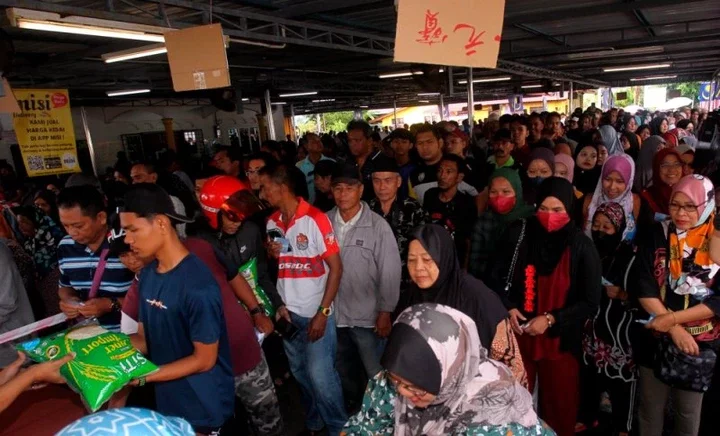
Rice is a common and widely eaten food source across Nigeria, and not only Nigeria but Africa as well as Asia. It is a food source for over half of the human population in the world with the third highest world production. Rice is the seed of the grass species Oryza sativa (Asian rice) or less commonly Oryza glaberrima (African rice).
Rice can be grown anywhere but in certain conditions or environment factors such as rainfall, temperature, also soil texture is important. Rice has cultural roles in many countries of the world. It belongs to the carbohydrate food class and a major source of energy for every 100 grams of rice is a 130 calories , it also contains substantial amounts of protein.
It can be prepared in many ways most commonly is by boiling. In 2020 the federal government of Nigeria closed the Nigerian border to stop the influx of foreign rice into the country which it banned, this move was made to encourage local production and improve local farming.
Though the move disrupted lots of other business and was not well planned, nevertheless Nigeria aims to produce rice that is suitable for its population and probably join heavy farms outputs such as China and India.
Local Rice Price in Nigeria 2023
Since the move to limit the influx of foreign rice in Nigeria, various farmers are now going into rice farming making the cost of each bag in the market to reasonably come to the point of equilibrium. Some are sponsored by government programs. The average price of a 50kg bag of local rice in Nigeria is ₦40,000. Here are the local rice brands in Nigeria and their prices:
| Mamas Pride | 25kg | ₦20,000 - ₦20,000 |
| Abadini Rice | 25kg | ₦18,000 |
| Big Bull Rice | 50kg | ₦46,000 |
| Tomato Aroso Rice | 50kg | ₦42,000 |
| Ofada Rice | 5kg | ₦16,000 |
| Mamas Choice | 10kg | ₦8,000 |
| Sparkle Rice | 50kg | ₦40,000 |
| Royal Stallion Rice | 25kg | ₦20,000 |
| Anambra Rice | 50kg | ₦38,000 - ₦40,000 |
| Lake rice | 50kg | ₦40,000 |
| Mama Gold | 50kg | ₦37,000 - ₦42,000 |
| Par- Excellence long grain rice | 43.3kg | ₦50,000 - ₦55,000 |
Some of these rice brands are available only in certain regions of the country, and would require an online contact or traveling there to get certain rice products. Inflation in prices of rice is recently attributed to worsening crisis in the country, prices are affected by many variables and there might be steep increase in above prices in the future.
Foreign Rice brands and Prices 2023
Foreign rice is mostly preferred by most Nigerians due to the fine processing of the rice and was one of the mostly imported goods in the country till the government clamp down. As the name suggest, these are rice brands made outside of Nigeria that marketers buy and sell here in the country, even though restrictions are still on foreign rice many vendors still sell them. The average price of 50kg bag of foreign rice in Nigeria is ₦48,000. Here are some of the foreign rice brands and their prices-
| My Food Rice | 50kg | ₦48,000 |
| Cap rice | 50kg | ₦47,000 |
| Aani Golden Sella Basmati Rice | 10kg | ₦10,000 |
| Aeroplane Indian Basmatic rice | 5kg | ₦5,000 |
| Riceland American Long Grain Rice | 45.3kg | ₦45,000 |
| Falcon Rice | 5kg | ₦10,000 |
| My Choice | 50kg | ₦49,000 |
These are some of the market available foreign rice in the market, some of the rice products are smuggled into the country and Nigerians will have to rely more on Local produced rice. Occasionally, custom officers raid market and arrest sellers of foreign rice, local products are still trying to match up to demand and quality.
There are various sizes of rice sold in the market as highlighted in the article ; 5kg, 10kg, 25kg and 50kg. The most commonly bought is the 50kg bag and can be filled with 12 or 13 paint buckets of rice. For also a 50kg rice, it will require 25 to 35 mudu to fill up a bag. A cup of rice in the market goes for 100 to 150 depending on whether its local or foreign. A derica of rice will go cost between 500 to 600.
Conclusion
The price of rice is constantly changing and some of the figures in this article might reduce or increase due to the market structure and other factors. Government in Nigeria has put effort and faith in production capacity of local producers to continually meet up with the market and it should do more. Rice is a staple food source for most families in the country and everyday millions eat rice to help give them energy for the days task. Many local food vendors offer rice as their main menu and buy bags of rice to help that business.

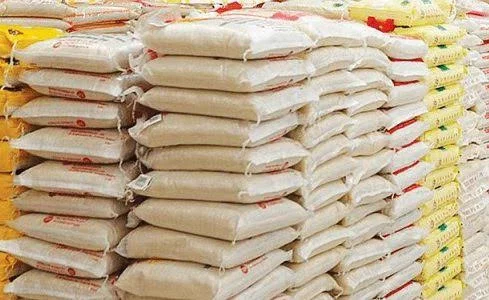
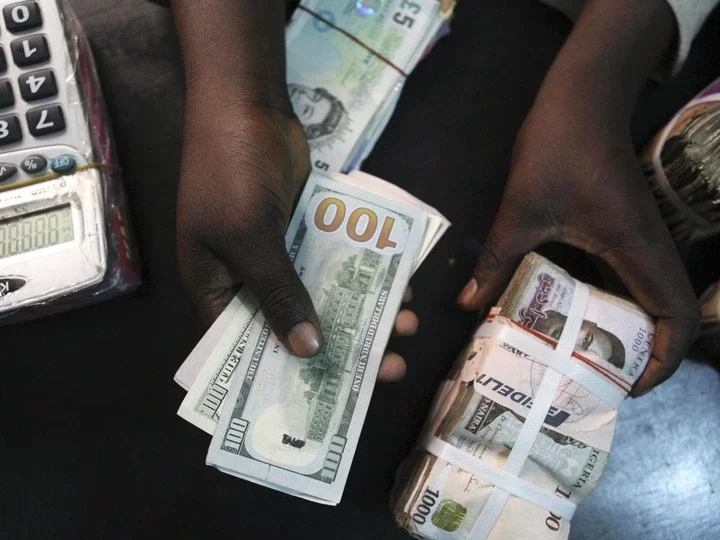
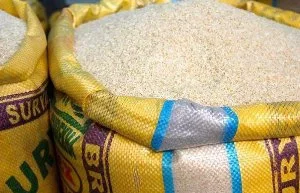
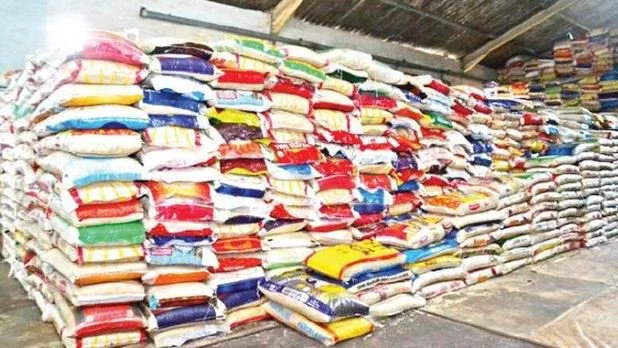
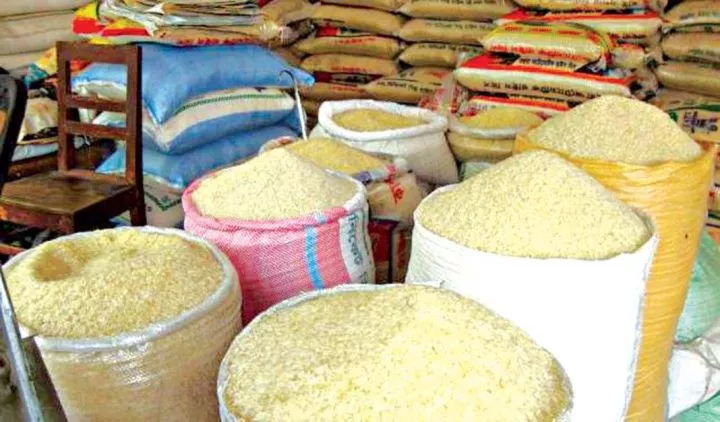
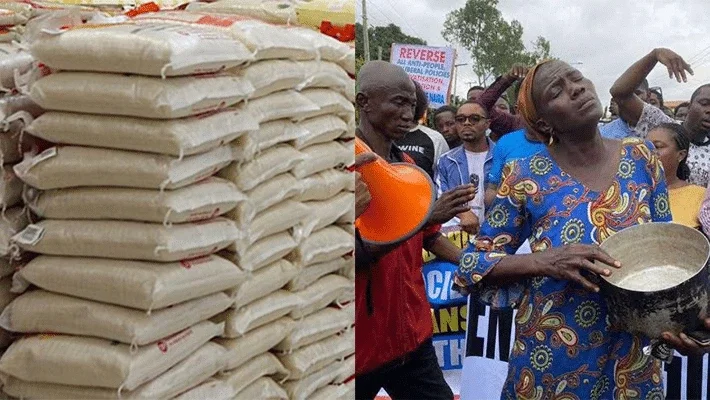









Comments